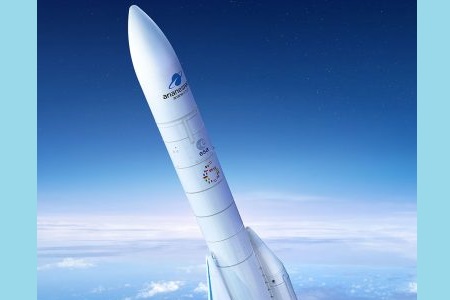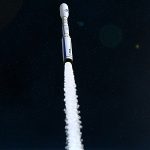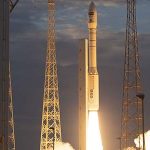Arianespace will launch the first two satellites in 2022, leading to the full operational capability of the Galileo open service.
 The European Union Agency for the Space Programme (EUSPA) has selected Arianespace to launch four new Galileo satellites for Europes own satellite navigation system.
The European Union Agency for the Space Programme (EUSPA) has selected Arianespace to launch four new Galileo satellites for Europes own satellite navigation system.
With this order, EUSPA takes over the role of placing launch services contracts for Galileo from ESA, which acted so far in the name and on behalf of the European Commission and will continue to be the technical authority for these launches.
This launch order for four Galileo satellites from the EUSPA follows a launch order for another four Galileo satellites announced in October 2021.
These launches will take place from the Guiana Space Center in French Guiana. Arianespace will first launch two Galileo satellites from a previous order in the first half of this year, followed by a Soyuz launch for two of these satellites this year. The new Ariane 62 rocket will take over when it is ready, launching the next three missions with two satellites each in 2023, 2024 and 2025.
Speaking about the contract, Stéphane Israël, CEO of Arianespace, said: “I would like to thank ESA and EUSPA, along with the European Commission for continuing to entrust us with their satellites. Were very proud to once again be helping the EU deploy its own global navigation satellite system. This additional order to the service of Galileo once again confirms Arianespaces assigned mission of ensuring reliable access to space for Europe.”
Each of the eight satellites under this order, built by OHB System AG in Bremen, Germany, will weigh less than 730 kg. They will join the 28 Galileo satellites already deployed to date, as well as the two to be orbited in early 2022 from the Guiana Space Center by Arianespace.
















































































